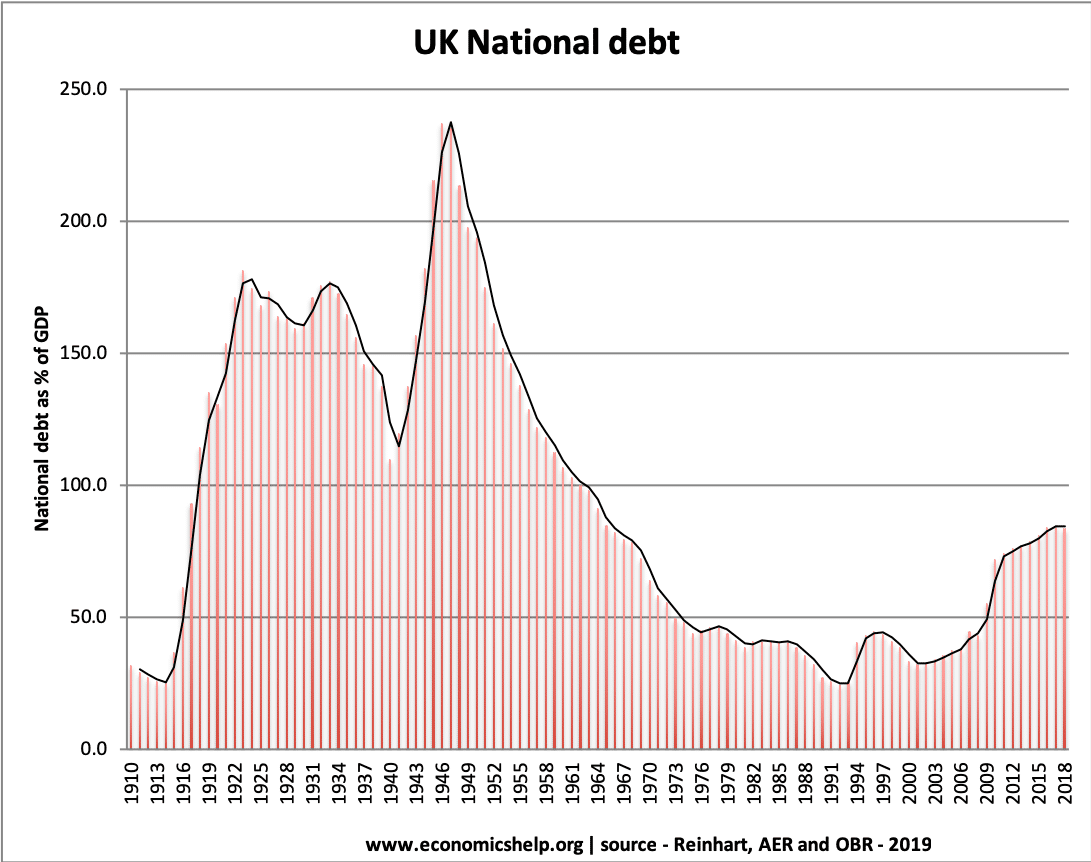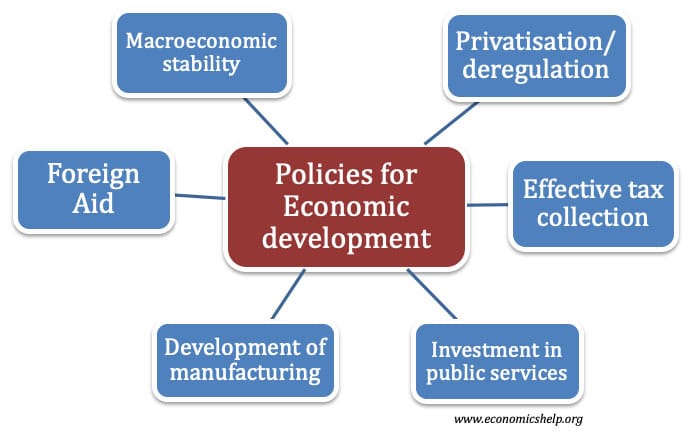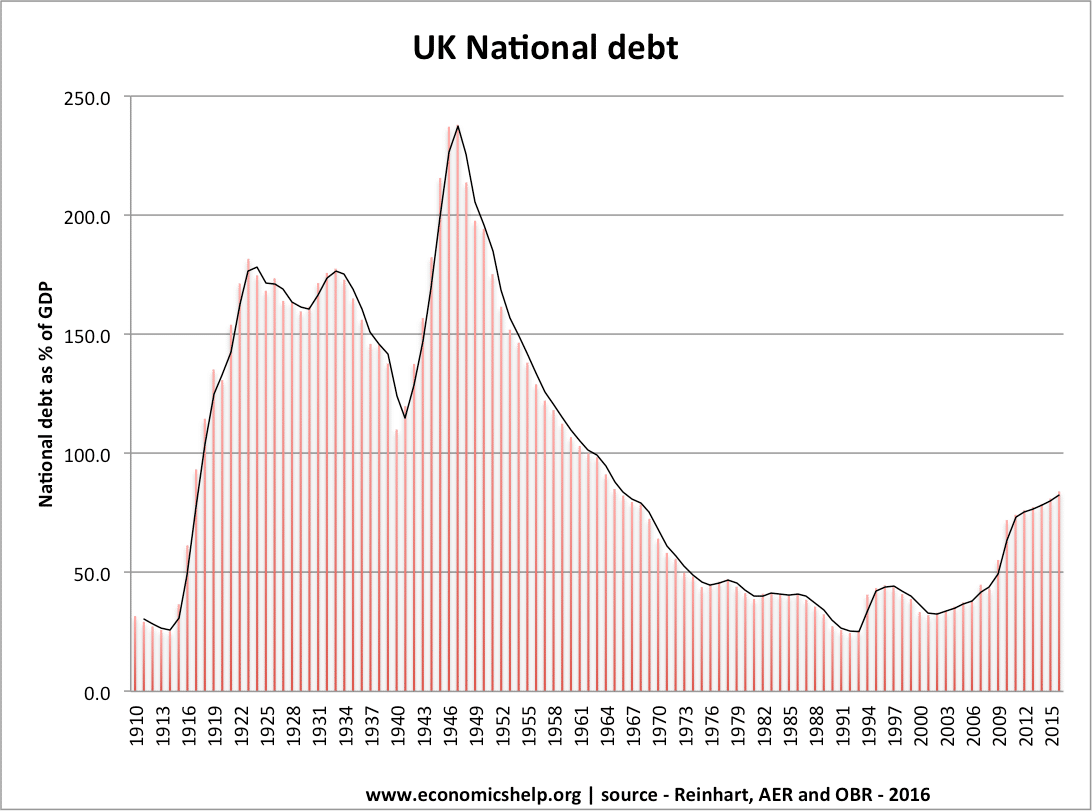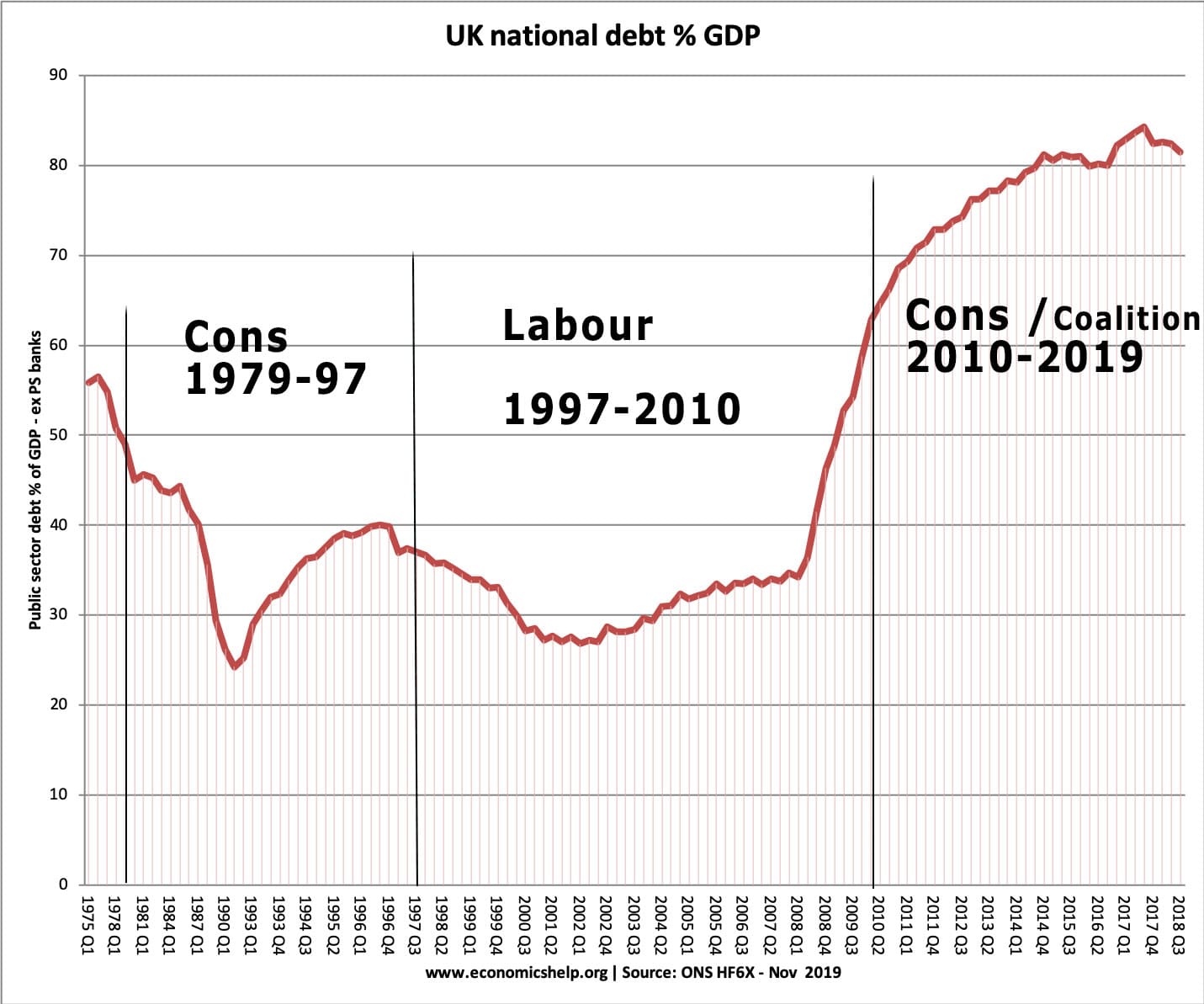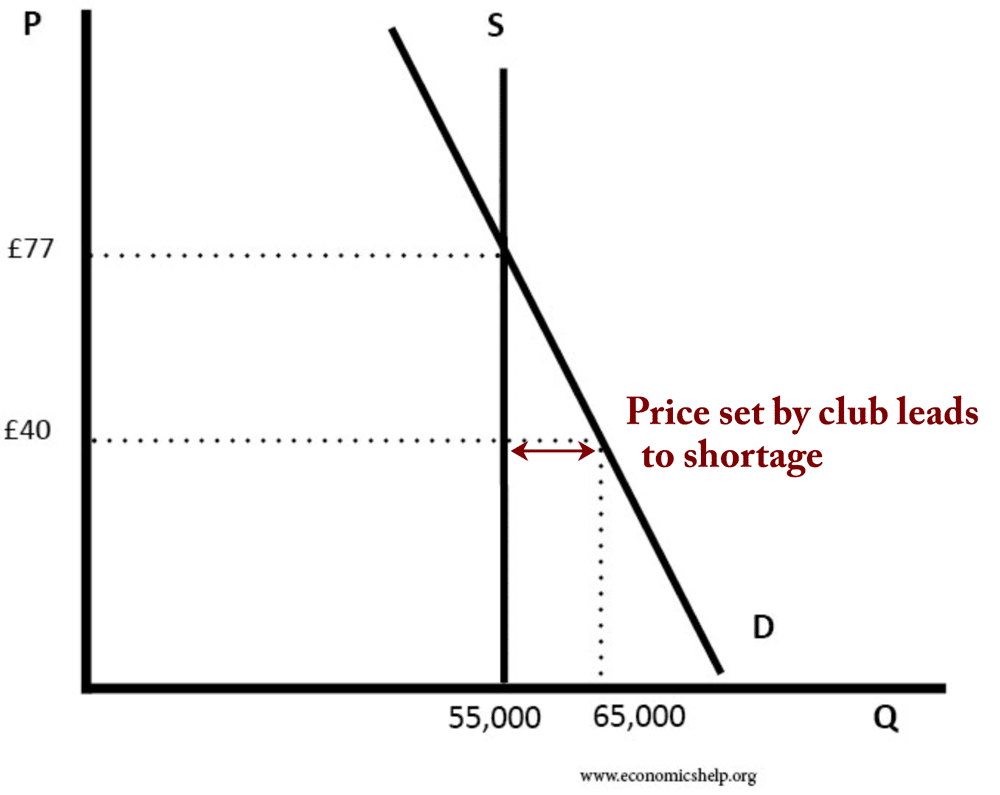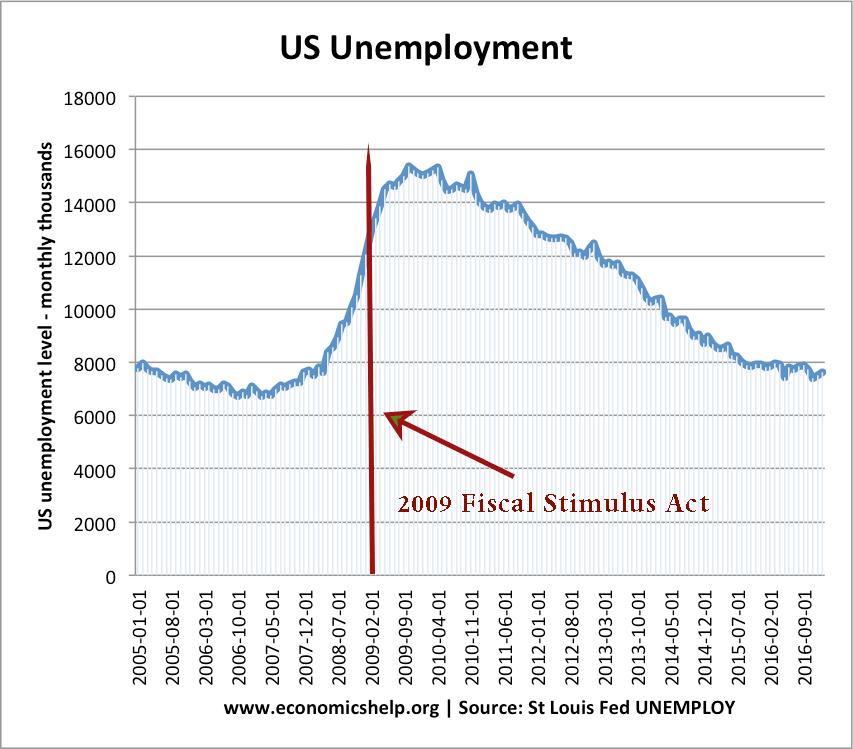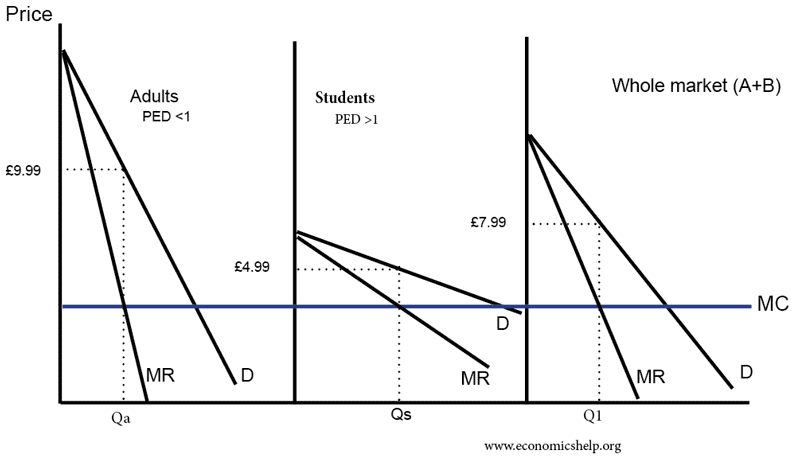What is a structural deficit problem?
Readers Question: Surely when we have near full employment as we have now the Government should be producing a surplus (as in the late 1990s) and reducing the national debt. Not to do so means that we have a structural problem in the UK? Not necessarily. A structural deficit problem implies that even allowing for …

